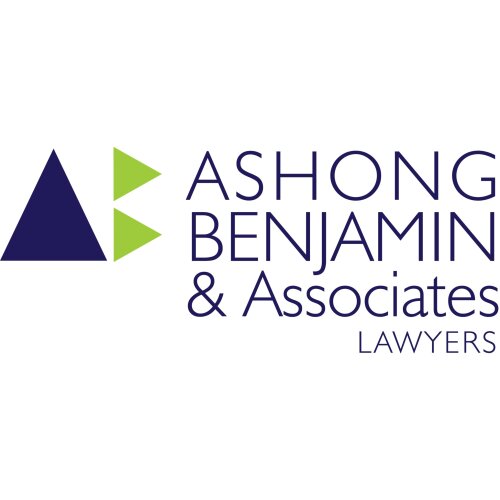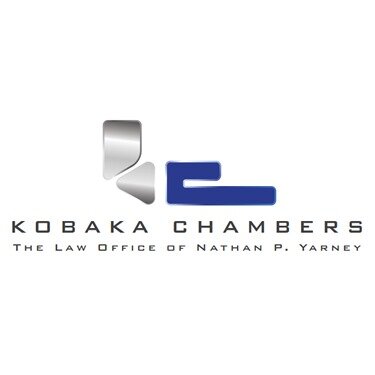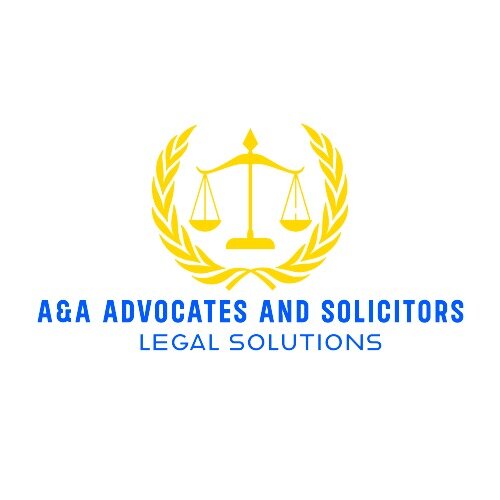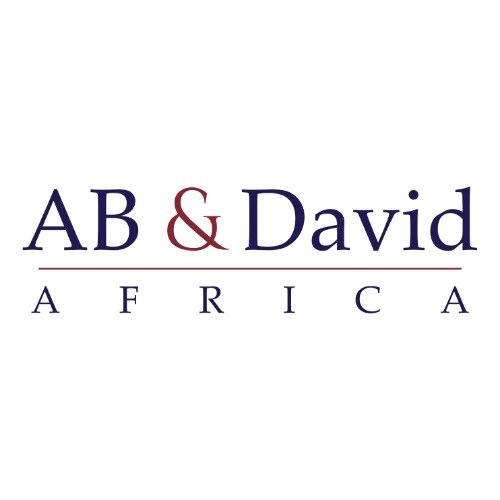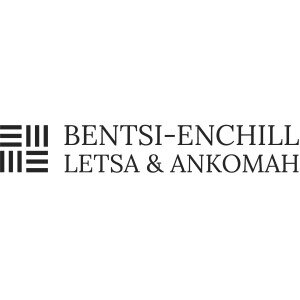Best Sexual Harassment Lawyers in Ghana
Share your needs with us, get contacted by law firms.
Free. Takes 2 min.
Or refine your search by selecting a city:
List of the best lawyers in Ghana
About Sexual Harassment Law in Ghana
Sexual harassment in Ghana is a significant social and legal issue governed by various legislative frameworks. Predominantly, it is addressed under the Labour Act, 2003 (Act 651), which provides certain protections against harassment in the workplace. Additionally, the Domestic Violence Act, 2007 (Act 732) and the constitution of Ghana also play a role in safeguarding individuals from sexual harassment. Despite these laws, sexual harassment remains underreported due to cultural stigmas and lack of awareness, making it essential for individuals to understand their rights and the legal frameworks available to protect them.
Why You May Need a Lawyer
If you experience sexual harassment, consulting a lawyer can be crucial for several reasons:
Understanding your rights: A lawyer can help you comprehend your legal rights and the remedies available under Ghanaian law.
Filing a complaint: Legal assistance may be necessary to report the incident to the relevant authorities or within your organization effectively.
Pursuing legal action: If you decide to take legal action against the harasser, a lawyer will provide guidance on the procedures and represent your interests in court.
Seeking compensation: A lawyer can help you pursue any damages or compensation you may be entitled to as a result of harassment.
Local Laws Overview
The key aspects of local laws relevant to sexual harassment in Ghana include:
Labour Act, 2003 (Act 651): Prohibits discrimination and provides a basis for addressing sexual harassment in the workplace. Employers are encouraged to implement guidelines and policies to prevent harassment.
Domestic Violence Act, 2007 (Act 732): Although primarily concerned with domestic violence, this act provides avenues for action when harassment overlaps with domestic contexts.
Constitution of Ghana: Provides broad rights to equality and human dignity, which are fundamental to understanding and preventing sexual harassment.
Additionally, the Criminal Offenses Act may be relevant in cases where harassment involves assault or related criminal behavior.
Frequently Asked Questions
What constitutes sexual harassment in Ghana?
Sexual harassment includes unwelcome sexual advances, requests for sexual favors, and other verbal or physical conduct of a sexual nature that creates an intimidating, hostile, or offensive environment.
Can men be victims of sexual harassment?
Yes, anyone can be a victim of sexual harassment, regardless of their gender. The law in Ghana does not discriminate in terms of gender when addressing these issues.
What should I do if I am harassed at work?
You should consider reporting the incident to your employer or a designated body within your organization. It is also advisable to document the incidents and seek legal advice.
Is there a legal timeframe for filing a complaint?
While there isn’t a specific statute for filing sexual harassment complaints, it’s advisable to report as soon as possible to prevent further occurrences and preserve evidence.
Will my complaint be confidential?
Employers and organizations are generally required to ensure the confidentiality of harassment complaints. However, it is essential to verify the policies of your specific organization.
Can I still report harassment if I have no evidence?
Yes, you can report harassment even if evidence is limited. It’s important to provide as much detail as possible and seek advice on how to substantiate your case further.
What are the possible legal consequences for the harasser?
Consequences can vary and may include disciplinary action by the employer, fines, or imprisonment if criminal laws were violated.
Are there support services for victims of sexual harassment in Ghana?
Yes, several organizations offer support services, including legal advice and counseling. The Domestic Violence and Victims Support Unit (DOVVSU) is one such body.
Can an employer dismiss me for reporting harassment?
No, retaliating against someone for reporting sexual harassment is illegal, and such actions should be reported to authorities.
How can I ensure my workplace is safe from harassment?
Encourage your employer to implement and enforce strong anti-harassment policies and provide regular training sessions for employees.
Additional Resources
Several resources and organizations in Ghana can support individuals dealing with sexual harassment:
Domestic Violence and Victims Support Unit (DOVVSU): Provides support and guidance to victims of domestic violence and harassment.
Gender Studies and Human Rights Documentation Centre: Offers resources and support in cases related to gender-based violence.
The Legal Aid Commission: Can provide legal advice and support to those who cannot afford private legal representation.
Next Steps
If you need legal assistance in a case of sexual harassment, consider the following actions:
Seek immediate help: Contact supportive organizations, like DOVVSU, for guidance and immediate steps to take.
Consult a lawyer: Engage with a legal professional specializing in sexual harassment cases to explore your options and ensure your rights are protected.
Document the harassment: Keep detailed records of any incidents, communications, and actions related to the harassment.
Report the harassment: Depending on the context, report the matter to your employer or the police to initiate formal proceedings.
Taking these steps will help you understand your options and navigate the legal framework more effectively. Remember, you are not alone, and support is available to help you through this challenging time.
Lawzana helps you find the best lawyers and law firms in Ghana through a curated and pre-screened list of qualified legal professionals. Our platform offers rankings and detailed profiles of attorneys and law firms, allowing you to compare based on practice areas, including Sexual Harassment, experience, and client feedback.
Each profile includes a description of the firm's areas of practice, client reviews, team members and partners, year of establishment, spoken languages, office locations, contact information, social media presence, and any published articles or resources. Most firms on our platform speak English and are experienced in both local and international legal matters.
Get a quote from top-rated law firms in Ghana — quickly, securely, and without unnecessary hassle.
Disclaimer:
The information provided on this page is for general informational purposes only and does not constitute legal advice. While we strive to ensure the accuracy and relevance of the content, legal information may change over time, and interpretations of the law can vary. You should always consult with a qualified legal professional for advice specific to your situation.
We disclaim all liability for actions taken or not taken based on the content of this page. If you believe any information is incorrect or outdated, please contact us, and we will review and update it where appropriate.
Browse sexual harassment law firms by city in Ghana
Refine your search by selecting a city.



